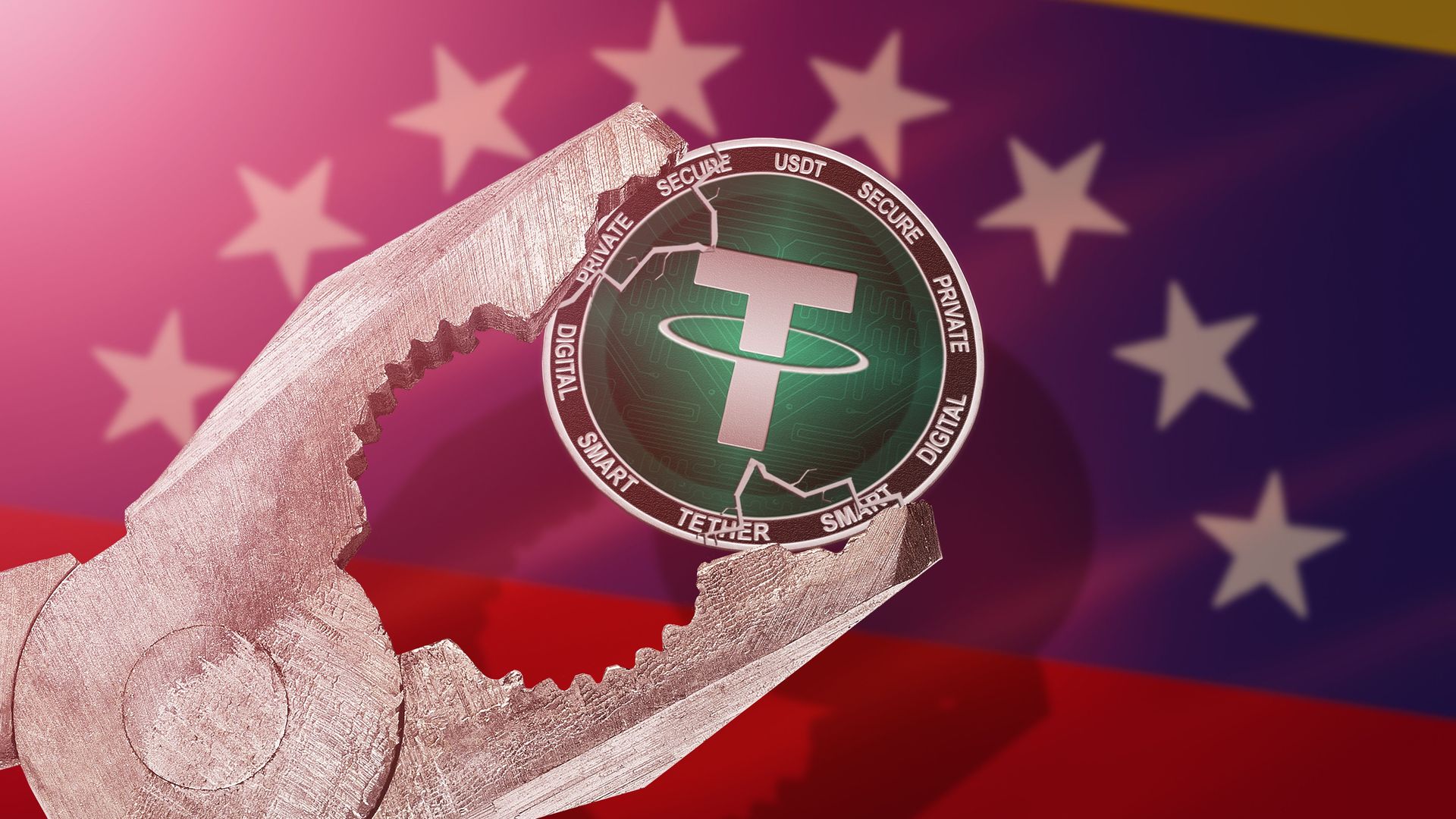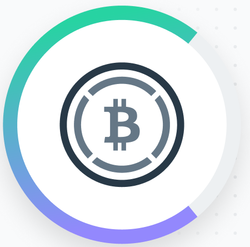
(Kitco News) – Venezuela’s state-run oil company PDVSA has reportedly been using the stablecoin Tether (USDT) to bypass U.S. sanctions and plans to increase the use of digital currencies in its crude and fuel exports, according to three people familiar with the plan.
Reuters was the first to report on the story, saying the U.S. Treasury Department told PDVSA’s customers and providers that they have until May 31 to wind down transactions under a general license it did not renew due to a lack of electoral reforms.
The non-renewal comes on the heels of a corruption scandal where authorities uncovered $21 billion in unaccounted receivables for oil exports in recent years, some of which were related to prior transactions involving other cryptocurrencies.
Lacking the general license will make it more challenging for Venezuela to increase oil output and exports as companies will have to wait for individual U.S. authorizations to do business in the country.
PDVSA began conducting oil sales via USDT in 2023, and the reimposition of oil sanctions has quickened the shift as the country’s government moves to reduce the risk of sale proceeds getting frozen in foreign bank accounts.
“We have different currencies, according to what is stated in contracts,” Venezuelan oil minister Pedro Tellechea told Reuters, adding that digital currencies might be the preferred payment method for certain contracts.
The use of crypto was further integrated into the company’s system by the end of Q1 as PDVSA moved many spot oil deals not involving swaps to a contract model demanding prepayment in USDT for half of each cargo’s value, the sources said.
The firm is also requiring any new customer applying to conduct oil transactions to hold cryptocurrency in a digital wallet, they added. This requirement has been applied even to some old contracts that do not specifically include the use of USDT.
Many PDVSA customers required intermediaries to meet the digital transaction requirements over the past six months as USDT transactions don’t satisfy compliance requirements, meaning the only way to make the process work is through an intermediary.
The increased use of middlemen to complete transactions has helped PDVSA evade sanctions but has also resulted in lower proceeds from oil sales as each intermediary requires fees for their services.
In response to the report, USDT issuer Tether told Cointelegraph it would freeze any addresses linked to sanctioned entities, adding that the company remains committed to stopping payments linked to Office of Foreign Assets Control (OFAC) sanctioned entities.
“Tether respects the OFAC SDN list and is committed to working to ensure sanction addresses are frozen promptly,” a Tether spokesperson said.
Disclaimer: The views expressed in this article are those of the author and may not reflect those of Kitco Metals Inc. The author has made every effort to ensure accuracy of information provided; however, neither Kitco Metals Inc. nor the author can guarantee such accuracy. This article is strictly for informational purposes only. It is not a solicitation to make any exchange in commodities, securities or other financial instruments. Kitco Metals Inc. and the author of this article do not accept culpability for losses and/ or damages arising from the use of this publication.







































































![Pundi X [OLD]](https://assets.coingecko.com/coins/images/2170/large/pundi-x.png?1696503130)








Be the first to comment